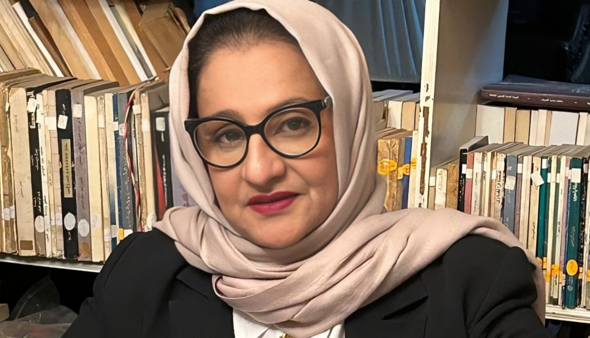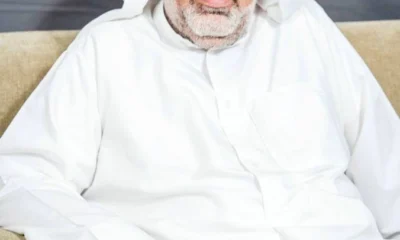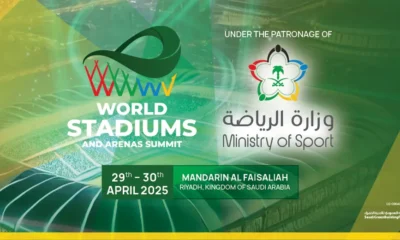Home » Interviews » Alia Komsany: Life is like Rowing; You Want to Quit, but You Continue!
Interviews
Alia Komsany: Life is like Rowing; You Want to Quit, but You Continue!
Published
2 years agoon
By
Huda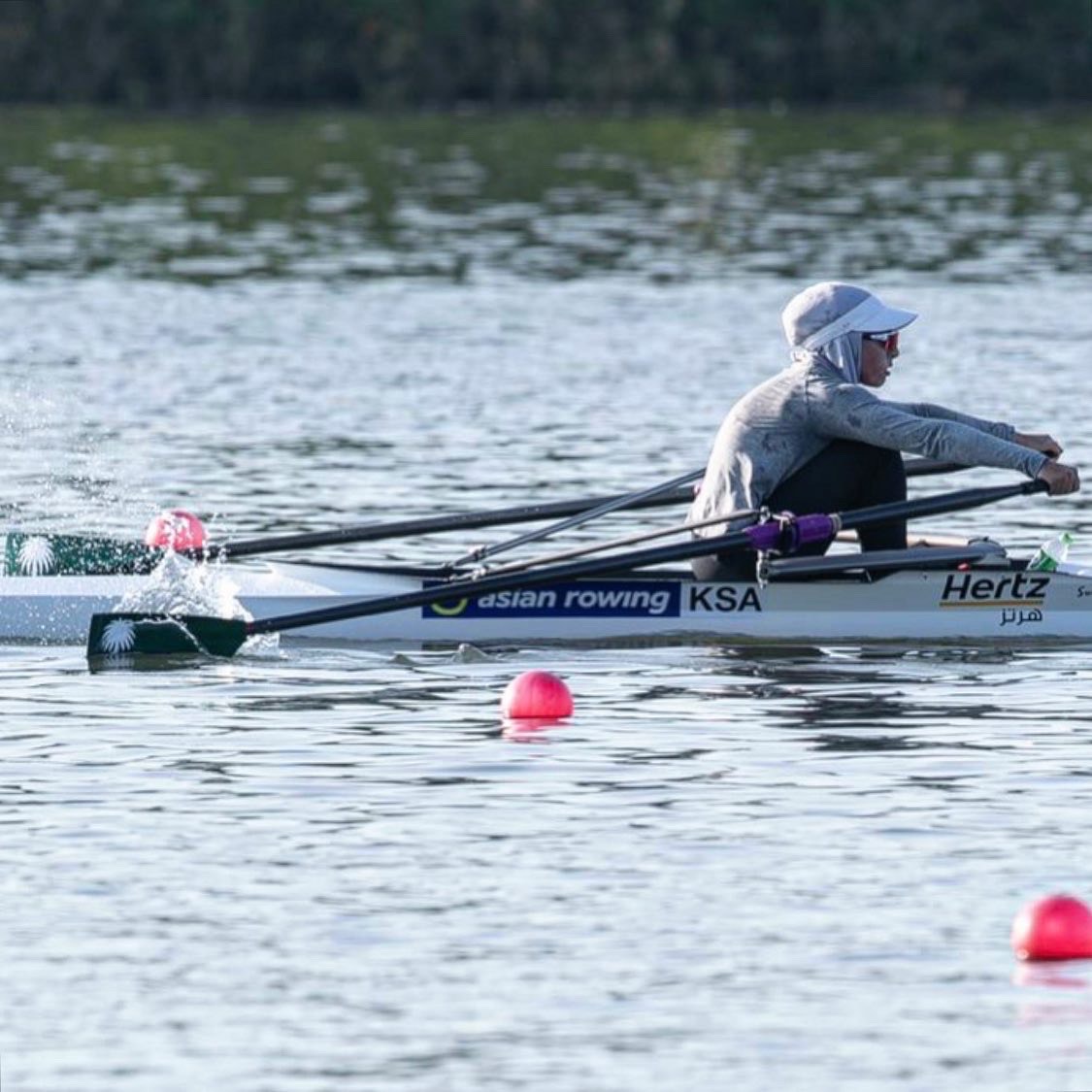
Alia Komsany carried her dream in her heart, and defied all obstacles with determination and perseverance to prove that nothing is impossible with willpower. She was a mother, a researcher, and an athlete!
She did not choose the easiest path but went to the extreme limits in one of the toughest sports ever.
Interviewer: Reem Ibraheem
It is a pleasure to have Ms. Alia Komsany speak with Arabisk London in an exclusive interview so you can learn more about her!
In your own words, who is Alia Komsany?
She is a mother, holder of a doctorate (PhD), and rowing athlete.
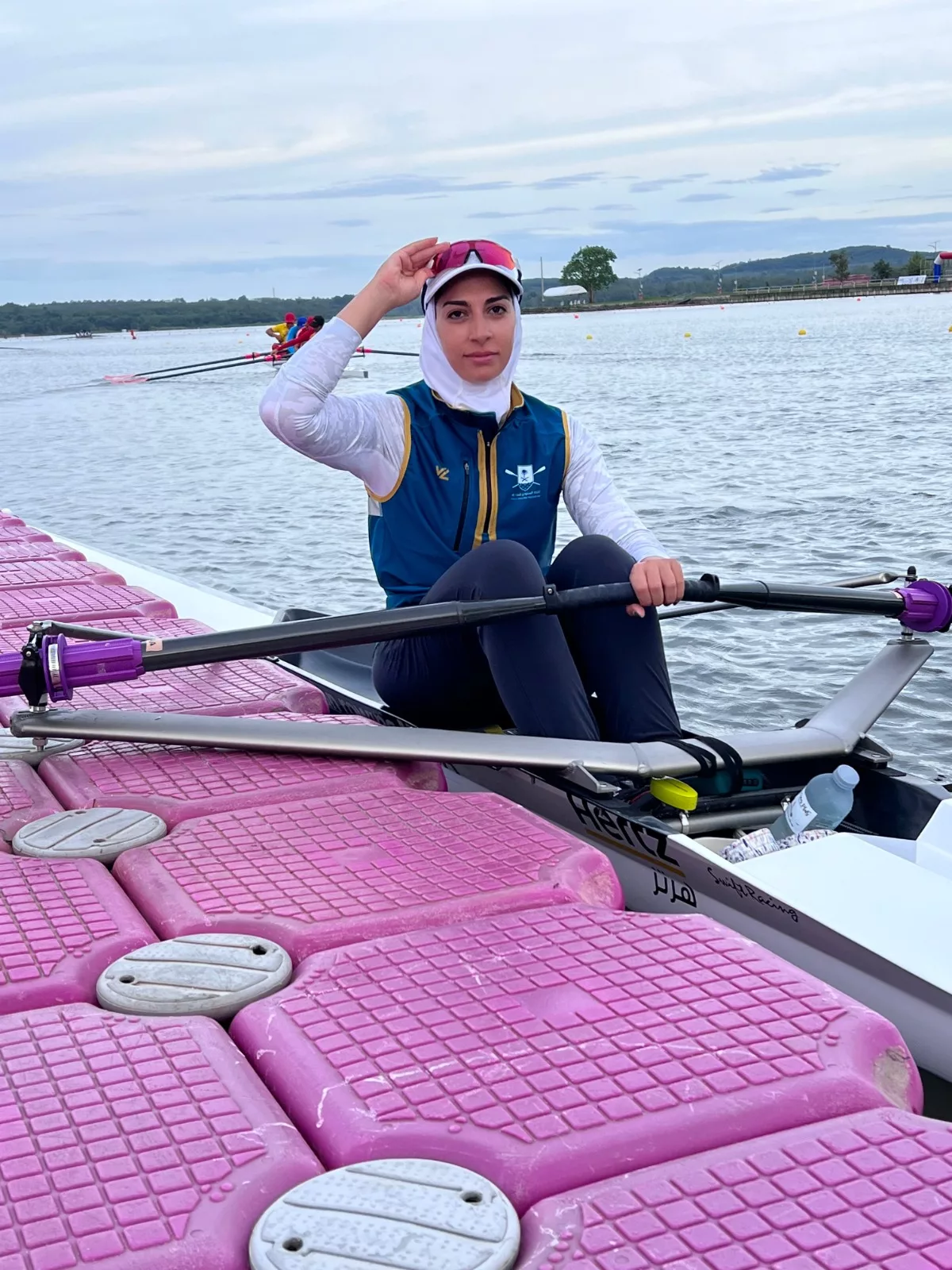
What is the sport of rowing?
Rowing is the propelling of a boat using a fixed oar as a lever. In modern sports, rowers race against each other as individuals or in crews of two, four or eight. Rowing was first used as a means of transport in ancient Egypt, Greece and Rome. As a sport, it probably began in England in the 17th and early 18th centuries, with the Oxford-Cambridge University boat race, which opened in 1828.
By the 19th century, rowing was popular in Europe and America had received it as an export. There are two types of rowing, sculling and sweep. In sculling, each rower has two oars. In sweep rowing, each rower has only one oar. Rowing has been part of the Olympic program since debuting at the 1900 Summer Olympics. Initially, only men were allowed to compete.
How did Alia Komsany get into rowing? When was your first time rowing?
I don’t remember the exact moment I discovered rowing. I guess it was the culmination of several factors that encouraged me to explore rowing as a sport and ultimately give it a chance. Being at Oxford and rowing as part of my college team meant rowing was more accessible. Rowing is a very traditional sport at Oxford; it plays a big part in the university culture.
It is also one of the few sports that is non-weight bearing i.e., you don’t stress your joints and there is minimal risk of injury (if you do it correctly of course). This is something I like about it. Despite facing some challenges balancing my full-time work and being a mother of a 2-year-old, I have continued rowing competitively since leaving Oxford and it has become an integral part of my life.
Why rowing?
Rowing is a unique sport, unlike other sports, there are no breaks in rowing. A crew must row a full 2,000 meters with no stops or off-strokes. The strain that you feel on your body is intense.
Rowing also mirrors life in many ways. Much like life, you are most likely going to reach a point when you are exhausted and feel as though you want to give up, but you find yourself pushing through the pain/ challenges and persevering regardless. It is a mental sport as much as it is physical. It is all about overcoming the mental barriers that prevent you from progressing. In a way, it’s about training your brain to fight self-doubt as well as any other limitations you may place upon yourself.
This constant brain training can help tremendously when facing the challenges of life. Paradoxically it is also relaxing and calming. It is repetitive in nature, which when done daily, becomes almost like a meditation.
Rowing has become an integral part of my life. I cannot imagine my life without it. I use it to manage my stress, to motivate myself to follow a healthier lifestyle, to sharpen my focus and to boost my productivity. It has become an addiction as much as it is a transforming tool.
Rowing competitions you’ve taken part in?
During my time rowing for my college at Oxford I took part in several intercollegiate races including the women’s head of the river race which is the largest women’s rowing race in the world. I also raced at the 2018 UAE rowing championships where I won a gold medal in the women’s quad and a silver in the women’s double.
More recently I participated in the 2022 US Summer National Championships in Princeton, New Jersey and the 2022 Royal Canadian Henley Regatta. I also was part of the largest Saudi rowing delegation that competed at the 2022 Asian rowing championships in Thailand.
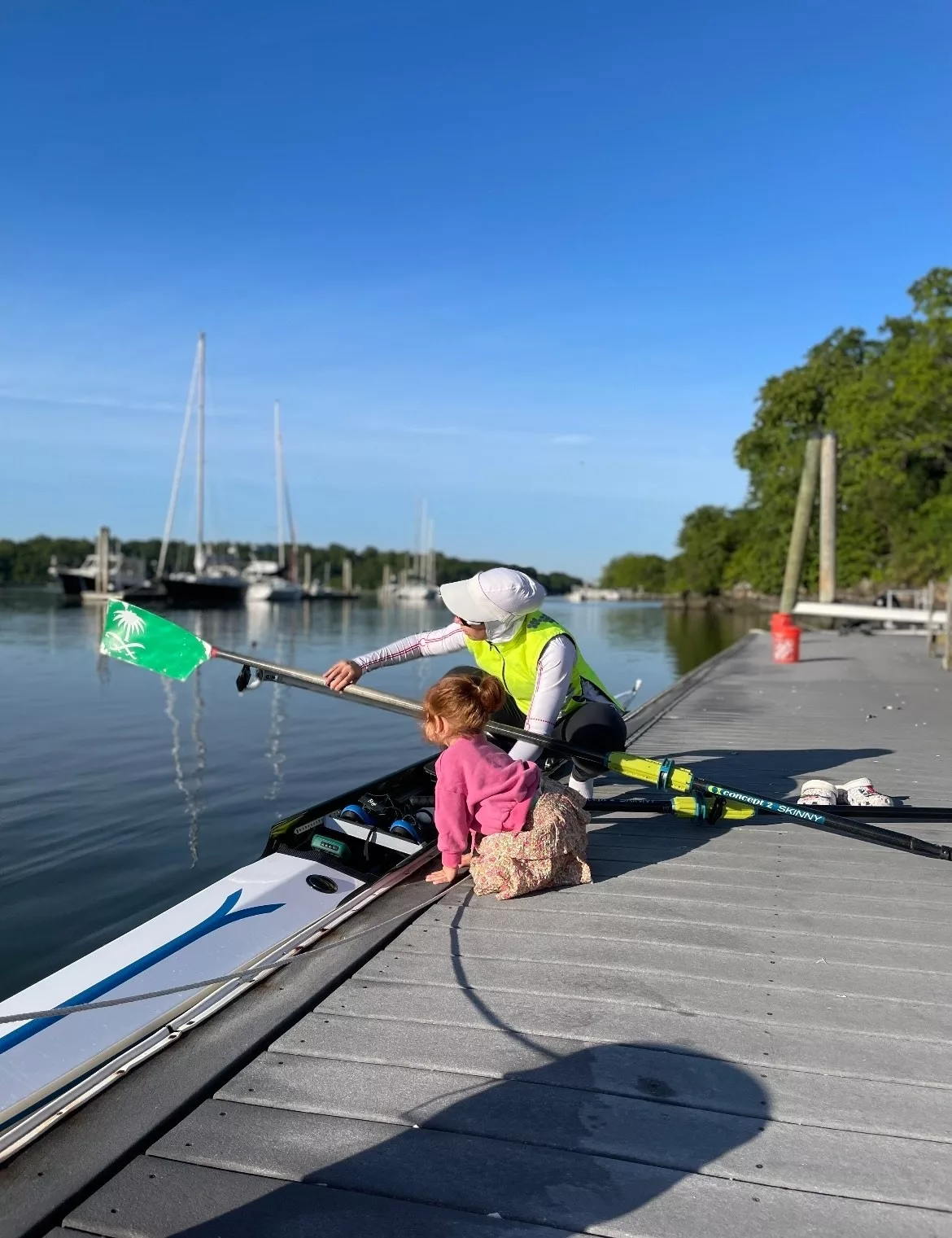
In your experience, have there been equal opportunities for men and women in sports?
Growing up, my mother always made sure myself and my brother had equal opportunities across the board, be it in education or sports; no distinction was made between us. Whilst I did not grow up with a disadvantage at home, both in the UK and when I was in Saudi Arabia, I do acknowledge sport and other recreational forms of exercise have not been an organic feature of the cultural history of Muslim women in many Middle Eastern countries, despite the religion itself putting a heavy emphasis on the pursuit of health and fitness and providing many examples of females in leadership positions.
The reasons for this are complex. Socio-economic class differences for one have meant that only those who can afford to get involved in sport and excel at it, do. Access to sports facilities is another issue, with very little available for women until the recent explosion in women’s CrossFit and regular gyms.
Gyms for men have always existed, but not everyone can afford them, and there are limited public tennis and basketball courts. So, men and boys have also suffered in this regard. Cultural attitudes and societal religious attitudes also contribute to this issue. While societal misogyny may play a role, many women discourage each other from participating in sports, further exacerbating the situation.
The Middle East is making progress in promoting women’s participation in sports, with public schools incorporating physical education and supporting female athletes in Olympic competitions. However, there is a lack of facilities and sporting environments for Muslim women who prefer to exercise only in the company of other women, resulting in barriers to female participation in sports, despite Western countries’ better overall situation.
What are the challenges that face Alia Komsany as a woman and a Muslim rower?
From the start, it was pretty obvious I was a minority (there aren’t many outwardly Muslim rowers let alone rowers that wear the hijab) and even though my rowing teammates were as supportive as they could be, it was often hard for them to fully understand the challenges I faced such the difficulty surrounding finding modest and functional attire. Also juggling a full-time academic job alongside training competitively as a lightweight rower is extremely challenging, especially working in a city like New York.
While my initial motivation that pushed me to pursue rowing despite the number of challenges I faced, was to encourage more women, especially women who wear hijab to exercise more and to take care of their bodies and health it definitely has become more than that. Becoming a mother on top of everything, the prospect of making my daughter proud and giving her this vision of going for whatever she wants in her life in addition to inspiring other women has become an even bigger motivation amidst all the challenges.
How does Alia Komsany balance time between rowing and being a researcher/ mother?
I believe working in a health equity field and rowing go hand in hand. There is a science to the sport and all the skills you gain from the sport are transferrable into daily life. Furthermore, my commitment to tackling the health disparities that permeate and frustrate, the prevention, diagnosis, and treatment of disease is not limited to the professional field.
As a competitive rower, I have also been active in the form of podcasts, articles, and collaborations with sports brands to raise the profile for equal opportunities for Muslim women in sport, in particular rowing where the greatest diversity is not always apparent. As a mother, I think it’s really important, especially when you have young children, to have something that’s your own. I do feel when I am the best mum/ researcher it transfers over into my performance as a rower. The main challenge, however, is finding the time to do everything which teaches one to manage expectations, to be disciplined with their time and how to prioritize. But ultimately, they do complement each other. My life at the moment is all about being the best mum I can be and fitting my training around both motherhood and work, and I am enjoying it that way.
Why cancer?
In the transition to health equity, I chose to focus on cancer as a speciality because I am completely fascinated by the complexity of cancer – it breaks every rule in the book that normal cells are dependent on for survival. I also really enjoy the research process, from exploring initial ideas and analysing data.
That said, despite mapping out an initial basic science career trajectory, I came to realise during my position as a postdoctoral associate in the Department of Pathology at Weill Cornell Medicine how much I can contribute directly and visibly outside the laboratory environment. During my time in a dual role as a postdoctoral associate in the Department of Pathology and Youth Cancer Risk Reduction and Control Program Lead at the Meyer Cancer Center’s office of community outreach and engagement, I had first-hand experience engaging in the field of public health equity, and it was here that I began considering an alternative career path, one that would leverage community-engaged research to improve patient education and achieve health equity.
As a result, I am currently in the process of fully transitioning from basic scientist to independent health equity researcher.
What are the difficulties Alia Komsany has experienced as an athlete mum?
Having rowed up until the 7th month of pregnancy, throughout the postpartum period while breastfeeding and while juggling the return back to work after a short maternity leave of 3 months and paternity leave of 6 weeks, has definitely been a very challenging experience as an athlete mum.
The reduced amount of sleep and not being able to recover as much as I used to, have definitely been a difficult adjustment. While it is a broader issue that is faced by parents living in the United States in comparison to the UK, Middle East and elsewhere there is little support for new parents especially when it comes to childcare here in the USA let alone for athletes who are parents. Having a child during COVID only made these challenges all the more pertinent, especially with family members living so far away.
Furthermore, with limited resources and research regarding the transition to parenthood as an athlete, it has been a learning process for sure. With my daughter turning 2 years old the juggling of being a mother with a full-time job and training has not become any easier with the constant need to balance between family life, work, and my rowing endeavours. Furthermore, attending competitions means having to sacrifice family time in order to travel and compete.
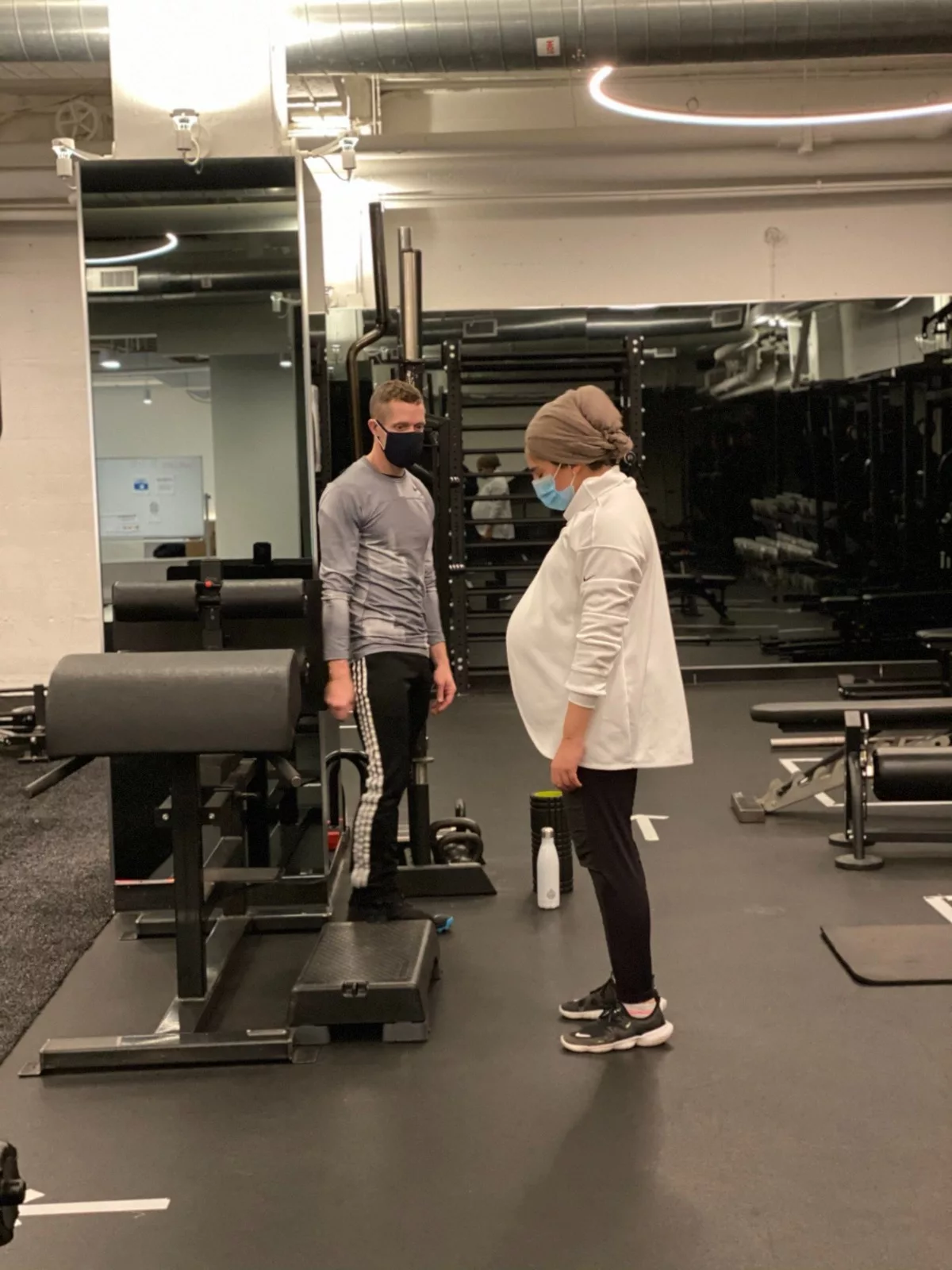
How does Alia Komsany overcome these difficulties?
There are undoubtedly cultural and societal expectations and pressures of mothers which may appear as being incompatible with the demands of being an athlete and these can play a major part in whether female athletes stay on in competitive sport or not. That said, having the necessary support system is paramount to overcoming some of these barriers. In my case, having a supportive husband has been instrumental to my success, seeing that my husband takes full responsibility for taking care of our daughter while I am training or competing overseas. Also aligning my training plan to suit my work and family commitments has been important in addition to accepting the fact that I cannot necessarily do everything, and prioritising certain things above others is necessary. Having an understanding coach and boss has also been very helpful as well.
Who are the athletes inspiring Alia Komsany?
Being an athlete mum, I take inspiration from several elite rowing athletes such as Helen Glover who has 3 children and is targeting a second Olympic comeback in Paris in 2024. It’s great to see so many elite athletes juggle motherhood, however, it would be great to see more representation of female athletes from the Middle East, we definitely need to see more in the way of support for all the amazing athlete mums out there.
Did motherhood and work at Weill Cornell influence your practice of rowing activities?
As a parent, it means a lot to me to have the opportunity to model a lot of what I can do for my daughter not just by telling her but by leading by example and showing her. For me, this is a much stronger message.
Equally inspiring other people and mothers is something that I am passionate about and is what motivates me to continue in pursuit of my rowing endeavours. Having one’s own goals and interests outside of one’s role as a parent is important and does matter and becoming a parent doesn’t mean that has to stop.
That said, it’s important to acknowledge that one cannot have everything at the same time, and one has to be realistic in accepting the fact that becoming a parent does change the way one balances and prioritises things. With the necessary adjustments and support, however, it is possible.
Parenthood, and getting that bit older, brings perspective shifts too and one comes to realise that training is not the be-all and end-all, as the focus becomes more about enjoying the whole process which can help lift the weight off one’s shoulders because win or lose, you get to go back to being a mother, a wife and in my case researcher the very next day.
What is your encouraging message to women, especially veiled women, that you want to deliver to them through Arabesque London?
I believe that fear holds back a lot of us. So, a motto that I have found myself living by, is to feel the fear and do it anyway. Also, it is important to be comfortable in your skin and not too caught up in what society/ people think of you.
Tell us about the ambition that Alia Komsany seek to achieve. And what are your plans?
While I am still navigating the path of being an athlete mum with a full-time job, I intend to continue pursuing rowing be it competing locally here in the US or otherwise.
The way I see it, as long as I am enjoying it my family are happy and I’m happy and things are going well, then I don’t see myself stopping just yet. Rowing is a lifelong sport, no matter if you are a racer or a recreational rower.
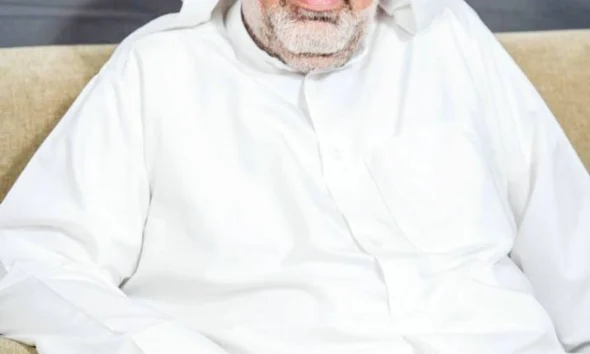
Muhammad Mahfouz: Trump will Respond to Riyadh’s Ambitions, and We Must Develop a Gulf-Arab Project with Iran
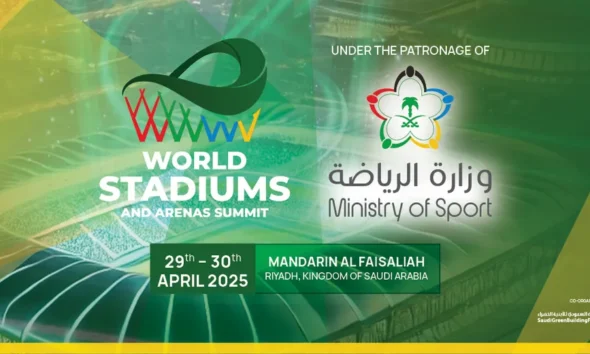
The World Stadiums & Arenas Summit 2025 has Arabisk London – Saudi Arabia as a Media Partner

Laheq: The First Private Saudi Island to Obtain Light at Last

The “New Square” Alters the Modern Life’s Notion in Riyadh

Sindalah: Luxury Cruising Tourism in KSA
